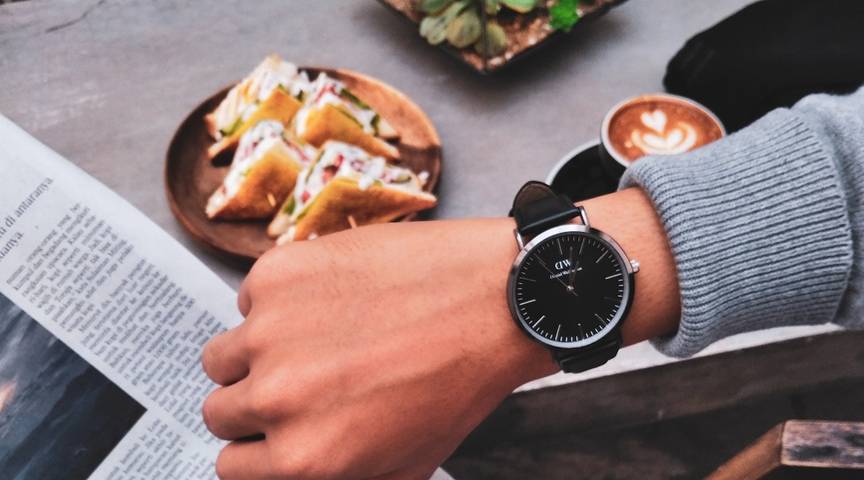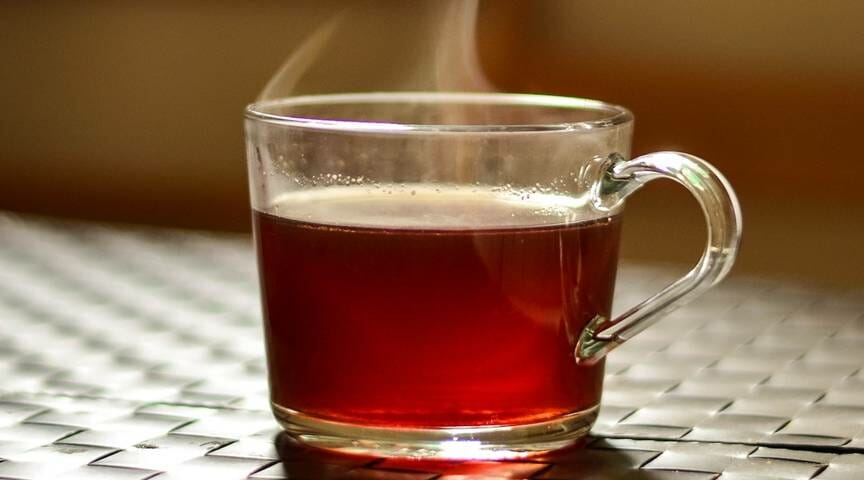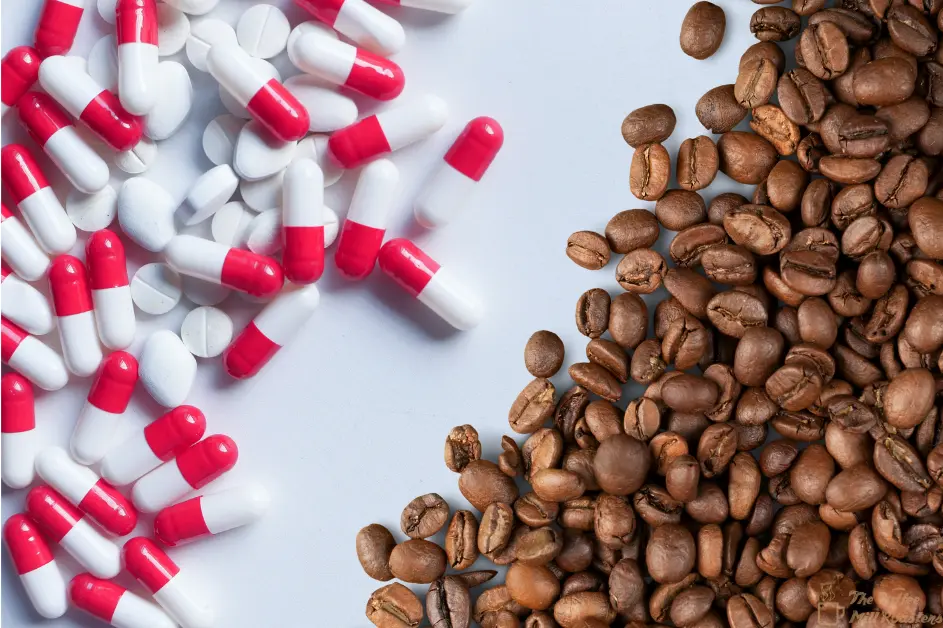Most people enjoy drinking coffee in the morning and evening. If you notice carefully, morning and evening are also typical times when people take their medications prescribed by their doctors.
Coffee is a primary source of caffeine which has several physical and physiological effects. Moreover, most medications have many unwanted side effects.
Experts say that maintaining a gap between coffee and your medication is an excellent way to avoid those unexpected side effects. So, how long after drinking coffee can I take medicine?
In this post, we will answer this question and share other relevant information. Read and learn in detail.
How Long Should I Wait to Take Medicine after Drinking Coffee?

In general, you need to wait at least one hour to take medicine after drinking coffee. On the other hand, you should not drink coffee within two hours of taking medications.
The problem is that coffee can increase the absorption rate of some medications, leading to higher levels of the drug in your system. In particular, coffee can affect medicines that are designed to release slowly over time.
For the best advice, consult with a doctor or pharmacist to see if there are any specific instructions for your medications. But, it is generally best to give yourself a little time between coffee and medicine.
Can I Take Coffee and Medicine Together?
You never should take coffee and medicine together. Coffee contains tannins, which can absorb medications and limit their effectiveness. In addition, coffee can increase the heart rate and adverse side effects of some medicines.
That’s why it is best to avoid drinking coffee while taking medicine. But what If you have no other option except to drink coffee? In that case, wait at least one hour after taking your medication and allow it to absorb into your system fully.
This simple technique will let the medication work effectively and keep you safe from side effects.
Can I Take Medicine with Tea?
You may see adverse effects as well if you take medicine with tea. Though coffee and tea are two different beverages, both of them contain caffeine.
Tea and medicine together can have different effects depending on the person. The combination can even cause jitters and anxiety.
If you are taking a medication that has caffeine as an ingredient, drinking tea after the medicine can affect you.

Tea can make it harder to sleep if you are taking a sleeping pill. It can also increase the effect of some medications, such as those for headaches or colds.
However, if you are unsure whether it is safe to drink with your medication, talk to your doctor or pharmacist for the best advice.
Read: Does Coffee Cause Constipation?
Does Coffee Affect Medication Absorption?
In short, the answer is that it does, but the effect depends on the type of drug you are taking.
Caffeine speeds up the gastric emptying rate, which is how quickly food and liquids move from your stomach into your small intestine. For some drugs, caffeine can cause quick absorption and make them less effective.
In contrast, some drugs are designed to be released slowly over time. So, speeding up gastric emptying can actually make them work better.
Does Caffeine Interact with Any Medications?
Caffeine can interact with certain medications and cause unwanted side effects.
For example, caffeinated beverages can interact with some asthma medications and cause a rapid heartbeat or high blood pressure.
Caffeine can also interact with some headache medications and make the headaches worse.
Your doctor should make you aware of caffeine’s interaction with certain medications. Their advice will help you avoid unpleasant side effects and take the medication correctly.
Read: Can You Eat Coffee Beans?
What Medications Does Coffee Interfere with?
Coffee can interfere with hundreds of medicines. Fortunately, most manufacturers will mention in instructions whether caffeine can interfere with medicine or not. However, here is a short list of a common medication that interacts with coffee for a quick check out.
Ephedrine – a stimulant for boosting the nervous system.
Theophylline – used in the treatment for asthma, bronchitis, and emphysema.
Antidiabetic drugs – used for stabilizing and controlling blood glucose levels and diabetes.
Phenothiazines – used to treat mental and emotional disorders.
Anticoagulant drugs – used to prevent blood clots.
Tricyclic antidepressants – used in the treatment of depression.
Contraceptive drugs – used to prevent unwanted pregnancy.
Is It OK to Drink Coffee While Taking Antibiotics?

It depends on your physical condition whether you can drink coffee while taking antibiotics. Coffee can cause headaches and increase jitteriness and anxiety.
So, drinking coffee may not be a good idea if you are already feeling jittery or anxious. Coffee can increase your heart rate, which can be an issue if you take certain antibiotics.
You should avoid drinking coffee while taking antibiotics since it can increase the risk of severe side effects.
What Should You Take with Your Medication?
Freshwater is the best thing to take with your medication. Water helps break down the drug so that your body can absorb it.
If you don’t drink enough water, the drug may not disintegrate properly and may not work as well. In addition, water helps to flush the medication out of your system once it has been absorbed.
Water is crucial because some drugs can build up in your body and cause side effects. Therefore, drinking plenty of water when taking any type of medication is essential.
Final Thought
To avoid unexpected side effects caused by coffee and medication integration, always maintain a gap between their consumption. This is the best answer to the question – how long after drinking coffee, can I take medicine?
Coffee and any type of caffeinated drink like tea should be avoided while taking medications. Caffeine in coffee can make a medicine’s action less effective. In some cases, caffeine can even work against drugs.
Some medications also contain caffeine. If you drink coffee after taking them, you may experience severe side effects of caffeine overdose.
Are you still confused? You should meet a doctor and ask them for detail.